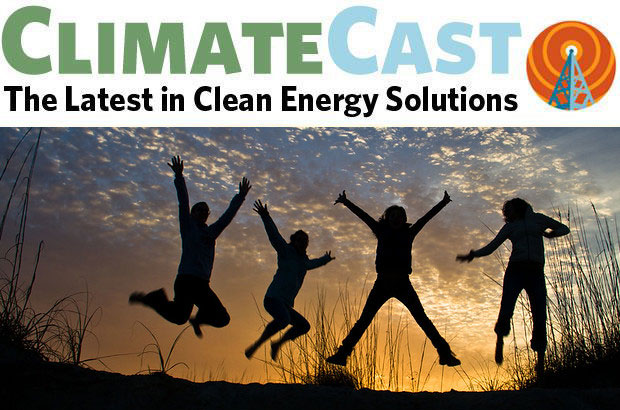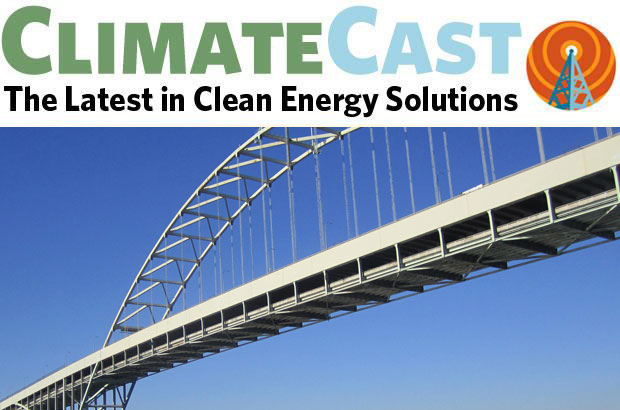
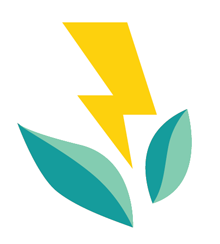
• Why WA needs Clean Fuels Now (pdf)
• Clean Fuels for Washington FAQ (pdf)
Transportation fuels are responsible for nearly half of our climate and harmful air pollution in the Pacific Northwest: 46% of Washington’s greenhouse gas emissions and 36% of Oregon’s. West coast jurisdictions California, Oregon and British Columbia already have Clean Fuel Standard policies to curb and reduce that pollution. Clean Fuels Standards have proved to be an effective means of reducing carbon and air pollution from the transportation sector. They allow consumers to choose cleaner fuels that support local economic development in rural communities and improve public health. Clean Fuel Standards work by requiring oil refineries and importers to reduce the carbon intensity of their fuels, providing more low-carbon fuels and electricity to fuel our transportation system.
Clean Fuels will provide Washingtonians with more choices
In Washington State, consumers spend $8 billion a year on gasoline and diesel. As consumers we now have little choice but to buy and use polluting gasoline and diesel fuel because the oil companies have long maintained a monopoly on our fuel options. By transitioning to clean fuels, we can keep more of this money in state and end our sole reliance on fossil fuels to power our vehicles and transportation systems. Fueling up with electricity costs consumers about a third as much as gasoline, and there are over 2,000 people working in the electric vehicle industry already in Washington. Dependence on a global fuel market is already costly for Washington residents, with volatile fuel prices and rising health care costs.
Clean fuels clean up our air and protect public health
Health professionals link air pollution directly to asthma, lung cancer, and other respiratory diseases. Cleaning up pollution will protect public health and save us on healthcare costs. A recent study found that California’s Clean Fuel Standard could save $8.3 billion in avoided public health costs by 2025 because of fewer asthma attacks and hospitalizations, lower rates of lung cancer and heart attacks, and thousands of fewer lost workdays. A similar policy in Washington could lead to the same public health benefits by cleaning up our air. Leading public health organizations like the American Lung Association and Puget Sound Clean Air Agency view a Clean Fuel Standard as one of the most important ways to improve public health and transition our transportation to cleaner sources.
Electricity: the cleanest fuel
Electric cars and other light-duty vehicles are already an important climate solution when charged by a renewable energy-powered grid. Marine vessels, long-haul trucks, and airplanes will likely need to rely on lower carbon liquid fuels for the foreseeable future to reduce their carbon emissions. Just as we are expanding our ability to produce clean electricity, we can source our biofuels from sustainable feedstocks, including used cooking oil, dairy manure, and other waste streams that would otherwise only increase our emissions. A Clean Fuel Standard helps make sure that all of our transportation sector’s energy sources are developed and delivered in harmony with climate and environmental needs. To transport people and goods more efficiently, and over fewer miles, will require a variety of approaches including building and expanding transit systems, as well as safe infrastructure for active modes of transportation, such as walking, cycling, and scootering.
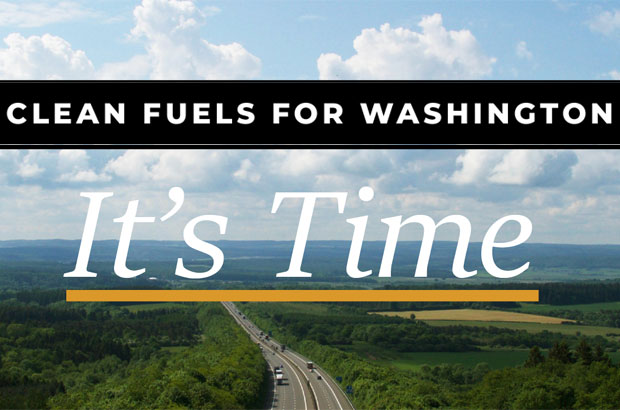
Cutting pollution with clean fuels: a top climate priority for Washington
Right now, Washington is a lonely outlier on the West coast: the only state that is not benefiting from a Clean Fuel Standard.
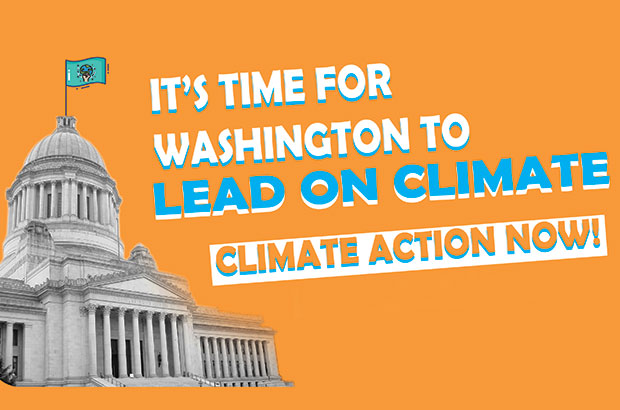
The Clean Fuel Standard gets its first virtual hearing. Be "there."
This year's legislative session is taking place online—but you can still sign in to testify, or to register your support for climate action. We'll keep you informed!
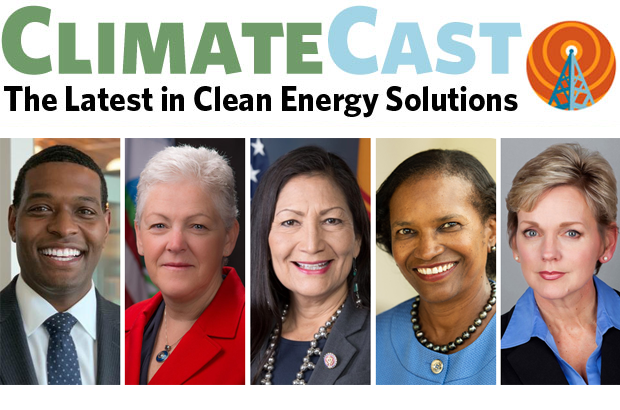
Here's your clean energy team for 2021
Biden's climate picks bring experience, grit and a focus on environmental justice. Plus: Who the gas industry is targeting now, and climate book recommendations for the holidays!
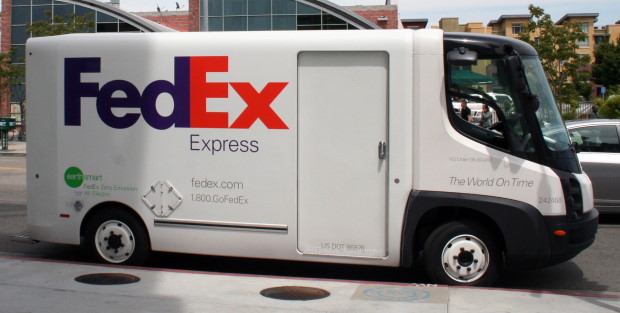
Clean Trucks for Justice
Our state needs to prioritize cleaning up the delivery trucks, transit and school buses, big rigs, and other commercial vehicles that make up the medium and heavy duty transportation sector.

EQUITY: our first milepost on the road to a clean transportation system
Shifting to electric vehicles economy-wide is one of the fastest ways we can clean our air. However, we do not experience harmful air pollution equally, so we must ensure that communities facing disproportionate toxic air pollution are prioritized for transportation programs and infrastructure that improve air quality.
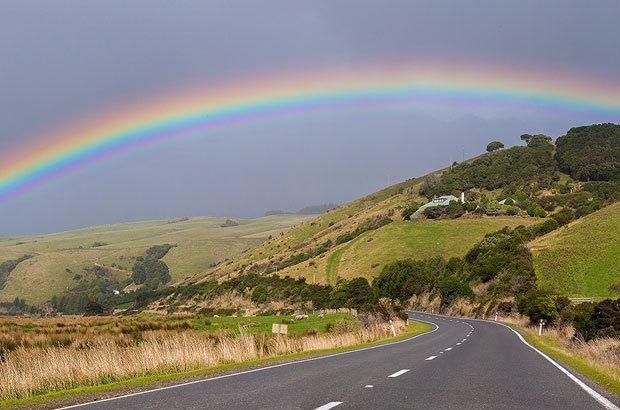
Roads ahead for clean transportation in Washington
Washington must address the climate pollution that comes from our largest source of it—transportation.

What happened to our climate leadership?
Washington Senate Democrats allowed the most significant climate policy proposal this year—the Clean Fuel Standard—to languish and die.
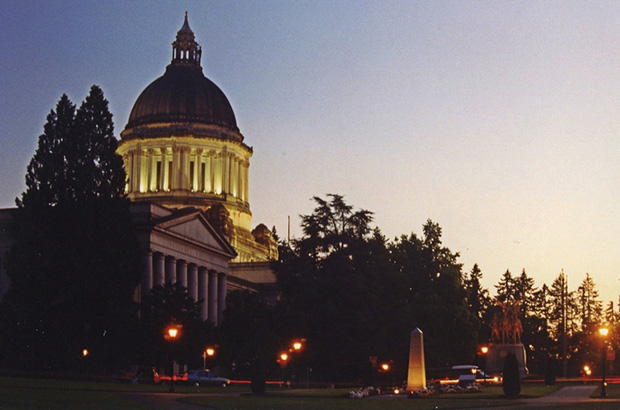
2020 Washington State legislative session ends in climate failure
Washington Senate Democrats handed veto power to a small minority of its caucus, and failed to take action to cut transportation pollution—ignoring a priority of 66% of WA voters
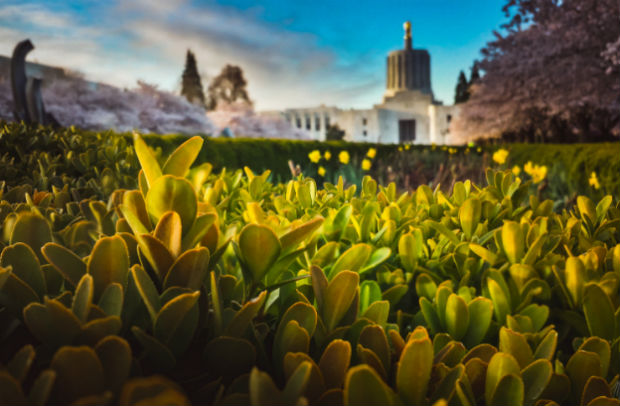
Oregon reclaims leadership on bold climate action
Oregon Gov. Kate Brown has fulfilled her long-standing promise to take strong executive action to curb climate pollution. Learn more about what it does and why it matters.
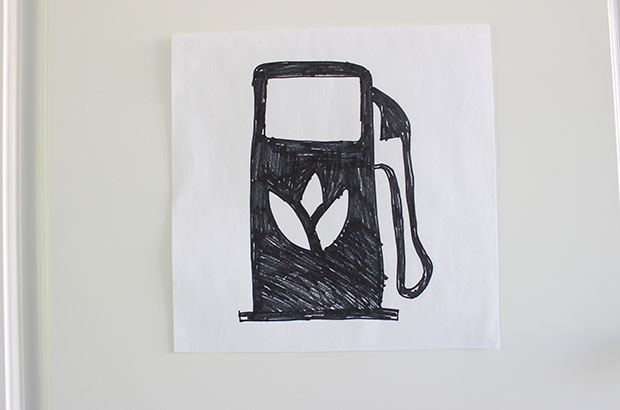
"We can no longer kick the can down the road" on clean fuels
A lengthy Senate Transportation Committee hearing highlighted the urgency for Washington to act on transportation emissions, benefits to rural communities and cleaner air quality, and the depth of community concern for well-being related to climate change.
Donate
Connect
Join our email list to learn about what we do and how to get involved.
